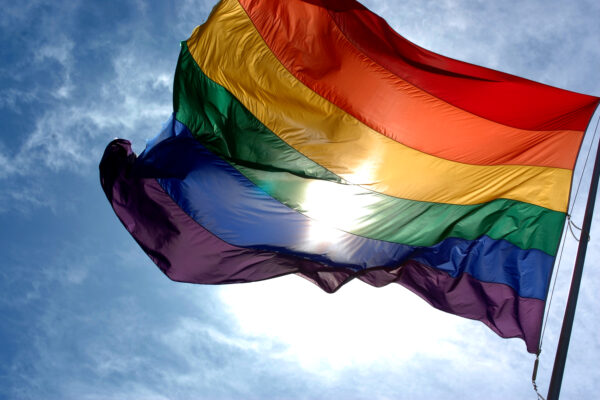SB6 gets all the media attention, but it’s only the tip of the spear in Texas lawmakers’ sustained campaign to roll back LGBT equality.
SB6 is a terrible bill. A spiteful, unnecessary, unenforceable piece of legislation the sole intent of which is to force transgender Texans to disappear from public spaces and public life. A similar bill cost North Carolina NCAA Tournament venues and $3.76 billion in lost business, and Texas should not expect to fare any better. The problem SB6 is meant to solve simply does not exist, but the solution it proposes would harm transgender Texans, Texas’s economy and Texas’s reputation as a warm and welcoming state.
In other words, it’s bad law that will do nothing but damage.
But SB6 doesn’t begin to plumb the depths of some lawmakers’ rabid animus towards LGBT Texans.
This session legislators have filed 25 anti-LGBT bills, 17 of which explicitly permit personal religious beliefs to justify discrimination against LGBT Texans in nearly every aspect of their lives. There are three separate bills that would allow county clerks to deny marriage licenses to LGBT couples. Another would allow state-funded student organizations to exclude LGBT prospects from membership. Yet another would protect licensed professionals—from pawnbrokers to tow truck operators to acupuncturists—from repercussions should they choose to discriminate against people because of who they are or whom they love.
While all these bills transparently discriminate against LGBT Texans, some are more sinister than others.
House Bills 1805 and 3859, along with Senate Bills 892 and 1536, would, if passed, harm children. Specifically, these bills would allow child welfare providers to impose their religious beliefs on children in their care and disqualify LGBT families for foster placement and adoption. Texas’s Child Protective Services system is already understaffed and underfunded, in a state of “perpetual crisis” in which 202 Texas children died from mistreatment in 2016 alone. Texas simply cannot afford to turn away loving families who are ready and able to see to the needs of vulnerable children. And what religious imperative could possibly prioritize LGBT discrimination over children’s lives?
Or patients’ lives? If passed, HB2878 would allow health care providers to cite religious convictions to deny medical treatment to LGBT Texans. SB2096 and HB3856 would allow social workers, counselors and therapists to refuse to provide treatment for mental health disorders or drug addiction.
Moreover, many of these pieces of anti-LGBT legislation—including the “bathroom bill” SB6—include “pre-emption” provisions. A pre-emption provision effectively invalidates any local law that provides the protections the bill wants to take away. In other words, if any of them become law, the non-discrimination ordinances of Dallas, Austin, El Paso, Plano, San Antonio, or any other city that protects LGBT Texans from discrimination in employment, housing, and public accommodations would disappear with the stroke of the governor’s pen.
Another problem with “religious refusal” legislation is that it doesn’t specifically target LGBT folks. This doesn’t mean it won’t result in discrimination against LGBT Texans—it absolutely will—but it also opens a Pandora’s box of unintended consequences for those who interpret their own “sincerely held religious beliefs” differently than the bills’ authors.
Can a county clerk oppose not only same-sex marriages, but interracial or interfaith marriages as well? Can a hotel owner deny a room to an unmarried couple? Can a pharmacist refuse to provide birth control to a single woman? Can a child welfare worker disqualify Jewish parents? Some argue that religious refusal laws even provide cover for spousal and child abuse.
Where does it end?
The freedom to practice our religion is one of our most fundamental rights, and that freedom should not only be exercised, but celebrated. But when religion is used as cover to infringe on the rights of others, that’s not religious liberty. Faith should never be used to deny others full participation in American society or the equal protection of the law. Our country—and our Constitution—are big enough to accommodate people of all faiths without sacrificing equality.


